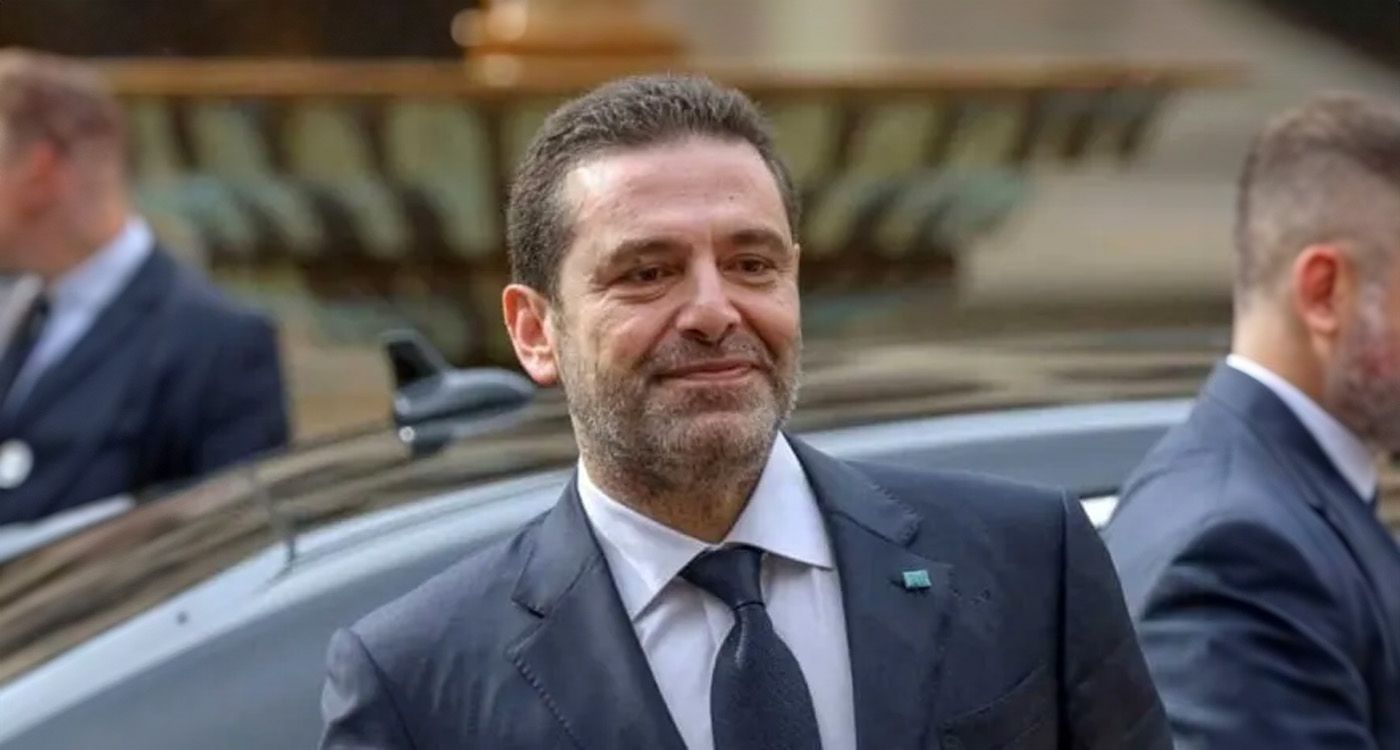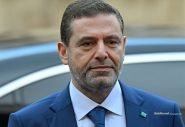
February 14, 2025, could mark a turning point in the current political landscape. After six years away from the Lebanese political scene, following his resignation as prime minister in 2019, and 20 years after the assassination of his father, Rafic Hariri, Saad Hariri may be preparing a significant comeback. At least, that is what his team has been hinting at in recent weeks, ahead of a speech he is set to deliver on the 20th anniversary of his father’s tragic death. Rafic Hariri, a statesman who profoundly shaped the country’s modern history, remains a pivotal figure. Saad Hariri’s anticipated return has sparked questions: Is this the prelude to a full-fledged political comeback?
The country is currently undergoing a period of transition. A government led by Nawaf Salam saw the light recently, awaiting a vote of confidence from Parliament in the upcoming days. With the main objective of stabilizing the country on several fronts ahead of the next legislative elections, scheduled for May 2026, the new cabinet has about a year and a half to steer Lebanon out of the deep political and economic crisis in which it has been mired for several years.
In this context, the key question being raised is the timing of Saad Hariri's return, as outlined by the media campaign launched to support it. Can the former prime minister regain his leadership role within the Lebanese Sunni community, and perhaps more broadly in national politics? Is he positioning himself to leverage the timing and the upcoming legislative elections to reaffirm his political standing? This comes at a time when, after years of instability and the absence of an obvious leader for the Sunni community, Saad Hariri's return is seen by some as a response to the expectations of part of the population—especially those who believe that his leadership is needed now more than ever to ease internal tensions and ensure a measure of political stability within the community.
However, the situation remains complex. The Lebanese political landscape has evolved, and beyond the internal issues within the Sunni community, national politics is now fragmented. With Salam’s government in place, any attempt by Saad Hariri to make a political comeback would need to occur within a political framework different from the one in which he navigated a few years ago. This is a daunting task, fraught with challenges.
A Comeback That Falls Short
The issue of a “political change” in Lebanon has been raised repeatedly since the launch of the media campaign regarding Saad Hariri's potential return to the country. “Certainly, the reasons for Hariri’s departure are no longer relevant today,” notes Antoine Andraos, former MP and former vice president of the Future Movement. “The situation has evolved, and while we are waiting for his speech, I remain personally skeptical about a true political comeback on his part. However, it is certain, based on the information I have, that he will launch an initiative within his party to prepare for his participation in the upcoming legislative elections.” Until then, the former prime minister, who resides in Abu Dhabi, is unlikely to settle in Lebanon, though he may visit occasionally.
Ahmad Hariri, Secretary General of the Future Movement, has already begun paving the way for his cousin's political return. He toured various regions of Lebanon in recent months, “with the goal of gauging public opinion and assessing the true popularity and influence of Saad Hariri,” as Andraos explained to This is Beirut.
According to the former vice president of the party, Saad Hariri will need to carefully evaluate his participation in the upcoming legislative elections by first reviewing the electoral law, which, in the last elections, allowed the Lebanese Forces (LF) to gain ground. “This is a crucial factor he must consider, as the law is clearly unfavorable to him,” says Andraos, adding that such a step “represents one of the most significant challenges for his political future.”
Relations with Regional and International Powers
Saad Hariri has long been seen as a figure closely aligned with Saudi Arabia, a key ally in the region. However, in recent years, relations between Lebanon and Saudi Arabia have been tested, particularly following Hariri’s resignation in 2019. Back then, the sense of foreign interference in Lebanon’s internal affairs further exacerbated political tensions.
Today, while the situation remains delicate, it seems that the relationship between Saad Hariri and Saudi Arabia may not be as strained as it appears. There are indications that the Kingdom might be open to a “gradual” return of the Sunni leader, although factors such as the situation in Syria, internal rivalries in Lebanon and shifting regional dynamics could affect the outlook.
“I don't believe that Saudi Arabia has given Saad Hariri a clear green light for a strong political comeback,” notes Andraos. “The Kingdom would certainly not oppose his initiative regarding the legislative elections, but it seems unlikely that it will now focus all its efforts and support on one individual,” he adds. “It is still premature to make a definitive assessment, and Saudi Arabia will most likely give Nawaf Salam a chance.”
Furthermore, Andraos pointed out that it would be wise for Hariri to strengthen his relations with the Christian communities.
As Saad Hariri contemplates a potential comeback to the Lebanese political scene, he faces a dual challenge: a weakened Lebanon and the need to restore the trust of a population weary of unfulfilled promises. His upcoming speech on February 14 could mark the first step toward this reconciliation, but it will also need to address the pressing question on the minds of his supporters: What direction does Saad Hariri truly intend to take?




Comments